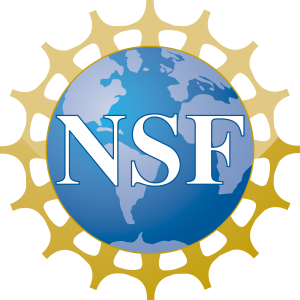 The following is a guest blog post by Mitra Basu, Program Director in the Computer and Information Science and Engineering (CISE) Directorate at the National Science Foundation.
The following is a guest blog post by Mitra Basu, Program Director in the Computer and Information Science and Engineering (CISE) Directorate at the National Science Foundation.
The National Science Foundation (NSF) recently issued a new program solicitation, Semiconductor Synthetic Biology for Information Processing and Storage Technologies (SemiSynBio), aiming to support transformative research that will advance information processing and storage through the integration of synthetic biology concepts with semiconductor technologies. The program is a partnership among NSF’s Directorates for Biological Sciences (BIO), Computer and Information Science and Engineering (CISE), and Engineering (ENG), with the Semiconductor Research Corporation (SRC) and Intelligence Advanced Research Projects Activity (IARPA).
The program synopsis reads as follows:
Future ultra-low-energy computing, storage and signal-processing systems can be built on principles derived from organic systems that are at the intersection of chemistry, biology, and engineering. New information technologies can be envisioned that are based on biological principles and that use biomaterials in the fabrication of devices and components; it is anticipated that these information technologies could enable stored data to be retained for more than 100 years and storage capacity to be 1,000 times greater than current capabilities. These could also facilitate compact computers that will operate with substantially lower power than today’s computers. Research in support of these goals can have a significant impact on advanced information processing and storage technologies. This focused solicitation seeks high-risk/high return interdisciplinary research on novel concepts and enabling technologies that will address the scientific issues and technological challenges associated with the underpinnings of synthetic biology integrated with semiconductor technology. This research will foster interactions among various disciplines including biology, engineering, physics, chemistry, materials science, computer science, and information science that will enable heretofore-unanticipated breakthroughs as well as meet educational goals.
The SemiSynbio program aligns with interagency efforts such as the National Strategic Computing Initiative (NSCI).
NSF, SRC, and IARPA look forward to the new research that will be supported through this solicitation. The window for full proposal submissions is October 2-30, 2017.
For more information, please see the program solicitation.









